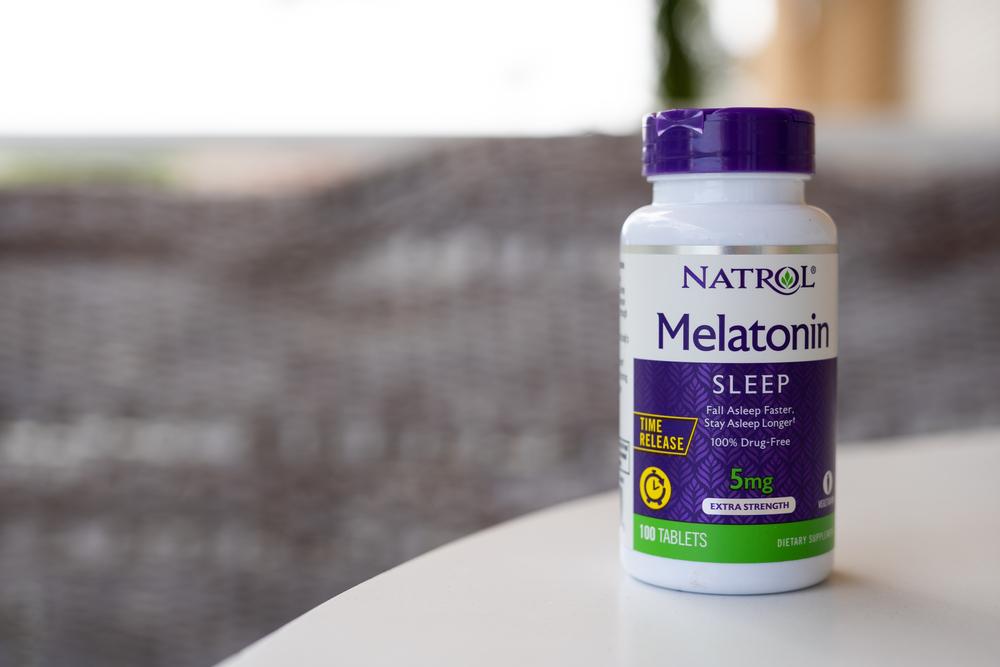As a BetterHelp affiliate, we receive compensation from BetterHelp if you purchase products or services through the links provided
Many people find falling and staying asleep challenging. When this is temporary, several natural sleep aids can help. The best natural sleep aids can take several forms, including meditation, yoga, aromatherapy, and over-the-counter supplements.
According to the Sleep Foundation, sleep supplements containing single or mixed formulations of minerals, vitamins, or sleep-inducing hormones like melatonin don’t have strict guidelines. Therefore, natural sleep aids contain substances known for aiding sleep, like magnesium, cannabis, glycine, valerian, and L-theanine, but some, like melanin, are made in a lab.
Compared to prescription medications for sleep, natural sleep supplements have fewer side effects and are not addictive. Finding the best natural sleep aid requires understanding each type’s potential benefits and downsides to help you make an informed decision.
Top Sleep Aids

The best natural sleep aids may contain various known sleep-inducing vitamins, minerals, herbs, or hormones. These supplements may come in liquids, tablets, or oils.
Research into the effectiveness of these ingredients used in sleep aids remains ongoing, but the ones mentioned in this article appear to provide the most benefits. Before using any natural sleep aid, it’s best to discuss it with your doctor to ensure it is safe, especially if you are pregnant, breastfeeding, or taking other medications for a health condition.
Lavender
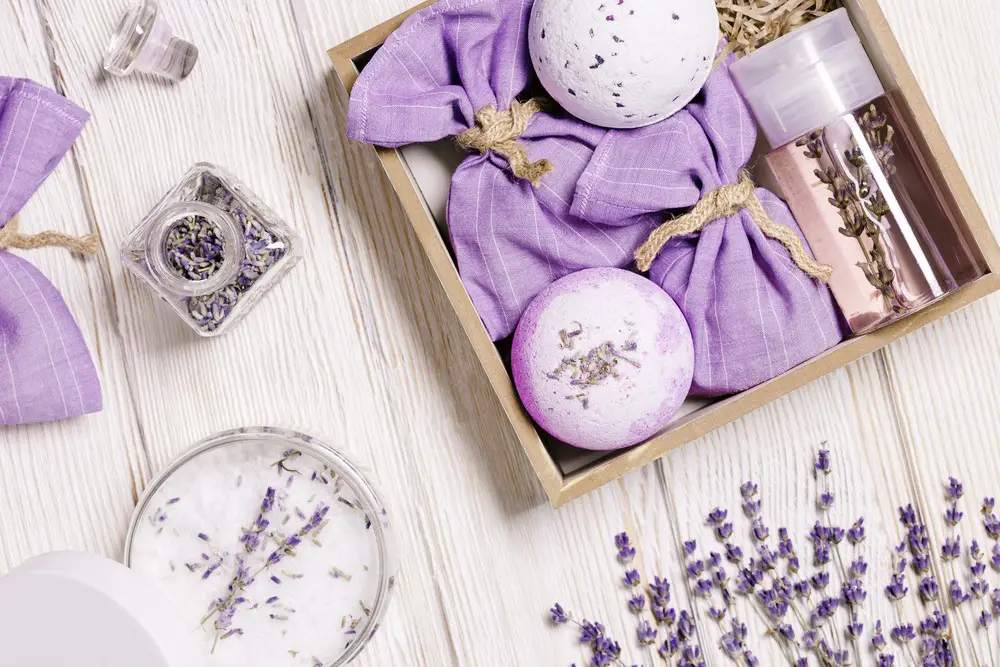
Lavender has several known benefits, including promoting relaxation and better sleep, making it popular for aromatherapy. Studies have shown its efficiency in improving sleep quality in older adults and college students exposed to its aroma before or during sleep. Therefore, diffuse some lavender oil in your bedroom or use a few drops in your bath water to get its full benefits.
Lavender essential oil is the best natural sleep aid for aromatherapy because it’s not safe to ingest. Supplements with lavender, like Nature’s Way CalmAid Lavender Softgelsare or Integrative Therapeutics Lavender Oil Softgels, are safe to take. The oral intake of lavender may cause headaches, belching, constipation, diarrhea, or nausea.
Melatonin
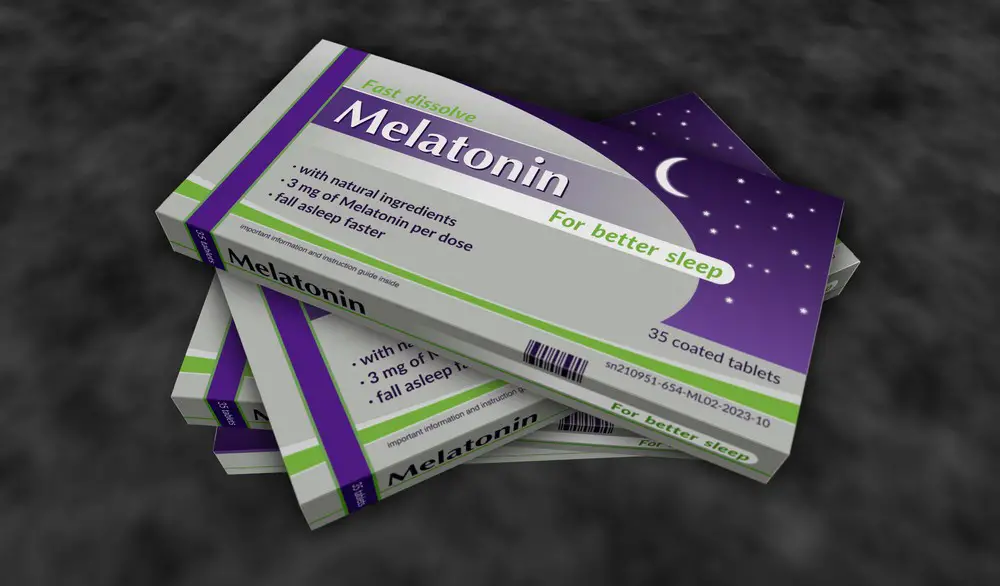
Melatonin, the natural hormone created in the brain, connects to your circadian rhythm. It’s produced in response to darkness to prepare the body for sleep, but getting enough sunlight helps the body produce it and keep lights dim in the evening. As a supplement, melatonin can help with several sleep disorders in children and with jet lag. Studies are ongoing about how it affects insomnia. In supplements, synthetic melatonin mimics the effects of natural hormones.
The long-term effects are still unknown, so stop taking it if it doesn’t help improve your sleep within two weeks. High-quality melatonin supplements like Thorne Melaton-3 or Life Extension Melatonin 300 mcg are good sleep aids.
Melatonin side effects include headaches, increased depression symptoms, daytime sleepiness, and upset stomach. Ask a doctor before taking melatonin if you are pregnant or breastfeeding.
Magnesium

Magnesium supplements are another over-the-counter option if you are looking for the best natural sleep aid. Research is still ongoing, but studies have shown that magnesium deficiency causes fatigue and insomnia, and people with a deficiency or older adults can benefit from a magnesium supplement. It’s still unknown if it benefits people with normal magnesium levels.
You can overdo it with magnesium, so stick to the recommended dose. Try Pure Encapsulations Magnesium or Spring Valley High Absorption Magnesium to support relaxation and better sleep.
Valerian root
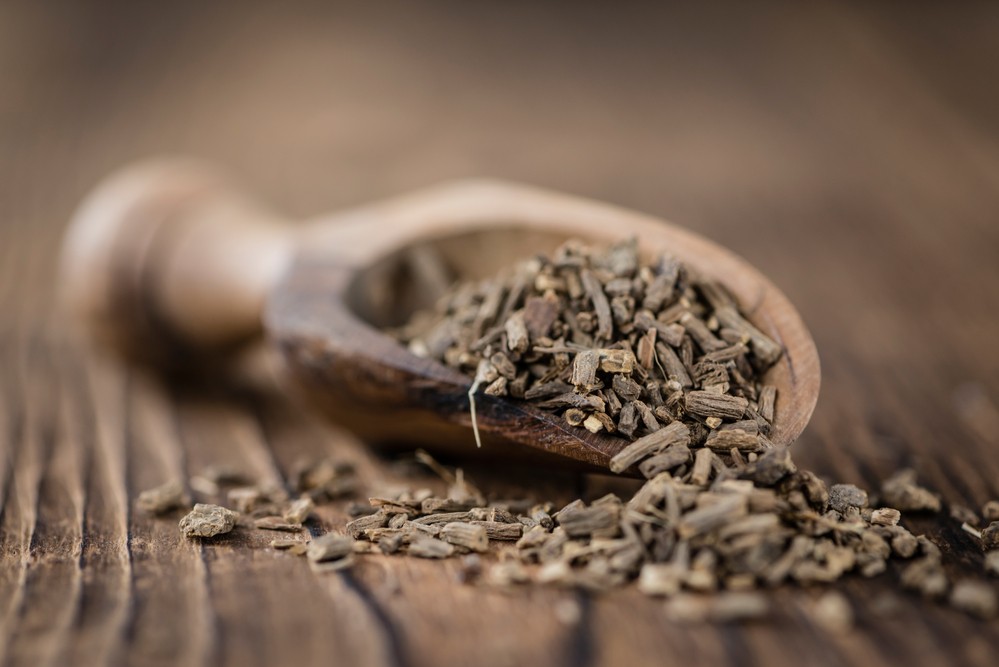
Health conditions like anxiety or depression often cause sleep problems. Studies have shown that people with any of these conditions, including dementia, can improve their sleep quality by taking a valerian root supplement because it increases the levels of GABA (the brain’s calming chemical). Take these after consulting with your doctor if you take other medications. NOW Supplements Valerian Root and Carlyle Valerian Root Capsules are typical examples of valerian root supplements you can try.
Natural Remedies for Better Sleep
When looking for natural remedies for better sleep, you have various options. You can try a herbal tea, an essential oil, or a supplement. When looking for the best natural sleep aid, try one of these:
Chamomile
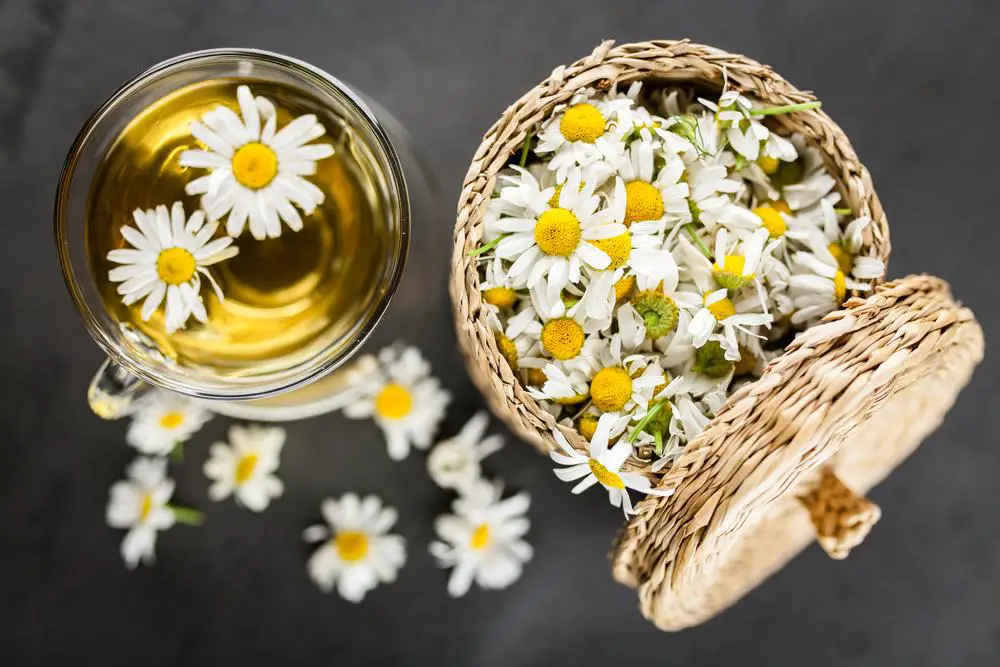
You can use chamomile as an aromatherapy oil or drink it as a tea to aid your sleep, an herb long believed to aid sleep because it eases anxiety and muscle tension. Research has so far shown that chamomile does help you sleep faster and improves sleep quality. However, it doesn’t seem to help with sleeping longer. Try a chamomile supplement like Good Chamomile Sleep or Swanson Chamomile Flower Extract.
Glycine

Glycine, an amino acid and neurotransmitter, is crucial for several body functions, including sleep. The human body naturally produces glycine from protein-rich foods such as meat, beans, and dairy products. Research shows that a small dose of a glycine supplement before bed supports the circadian rhythm. Even low doses of glycine improve sleep quality and reduce daytime sleepiness in people with insomnia. Try Myoxcience NAC + Glycine Supreme or Double Wood Supplements Glycine Supplement. These may prove the best natural sleeping aid.
Sleep Better with Natural Products
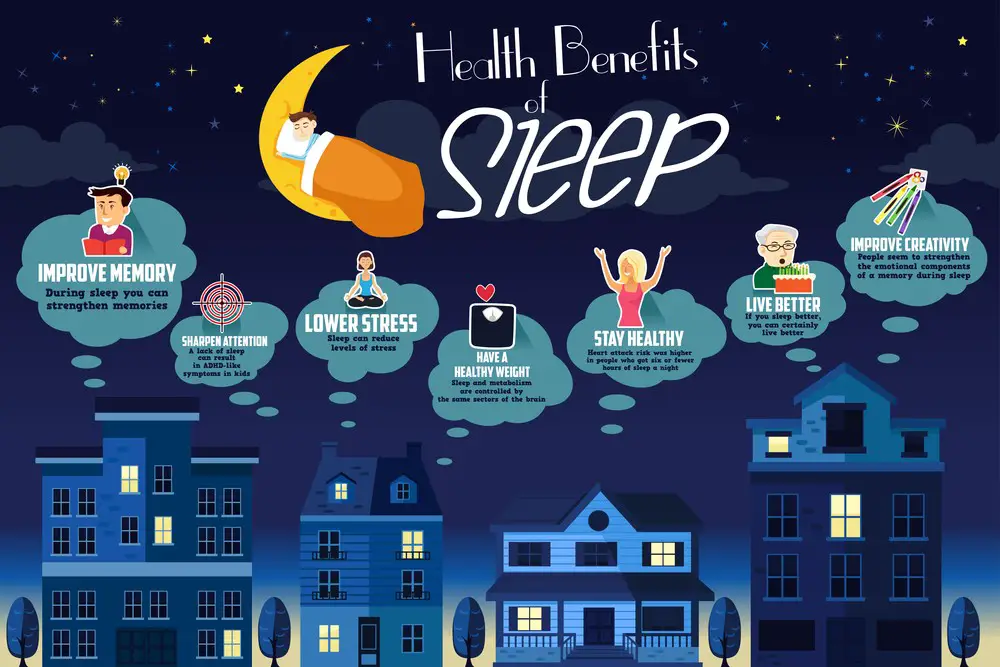
Sleep issues keep many people awake at night. If you need to sleep better, searching for the best natural sleep aid may include looking into CBD.
The chemical compounds from cannabis or hemp plants are called cannabinoids. CBD is a cannabinoid used in various products like capsules, oils, vapes, and edibles. These products contain low amounts of tetrahydrocannabinol (THC); therefore, they don’t cause a high.
CBD relieves anxiety, and a review of several studies found it helps with insomnia. One study found that it also enhances sleep quality. Research on CBT is ongoing. It’s not recommended for children or pregnant and breastfeeding women. Additionally, it’s still a controlled substance in some U.S. states and countries. Products to try are Medterra Isolate CBD Oil or Cornbread Hemp Full Spectrum CBD Capsules.
Effective Sleep Aids: Natural Options
Two more natural options to consider when looking for the best natural sleep aid include:
Passion Flower

Passionflower, or maypop, is a medicinal plant from North America that is cultivated globally. You can either take it as a tea or supplement to relieve symptoms of menopause, problems with heart rhythm or to reduce sleep-related problems caused by stressors. Try NOW Foods Passion Flower if you prefer a capsule or Nature’s Way Premium Herbal Blend Relax Powder.
L-Theanine
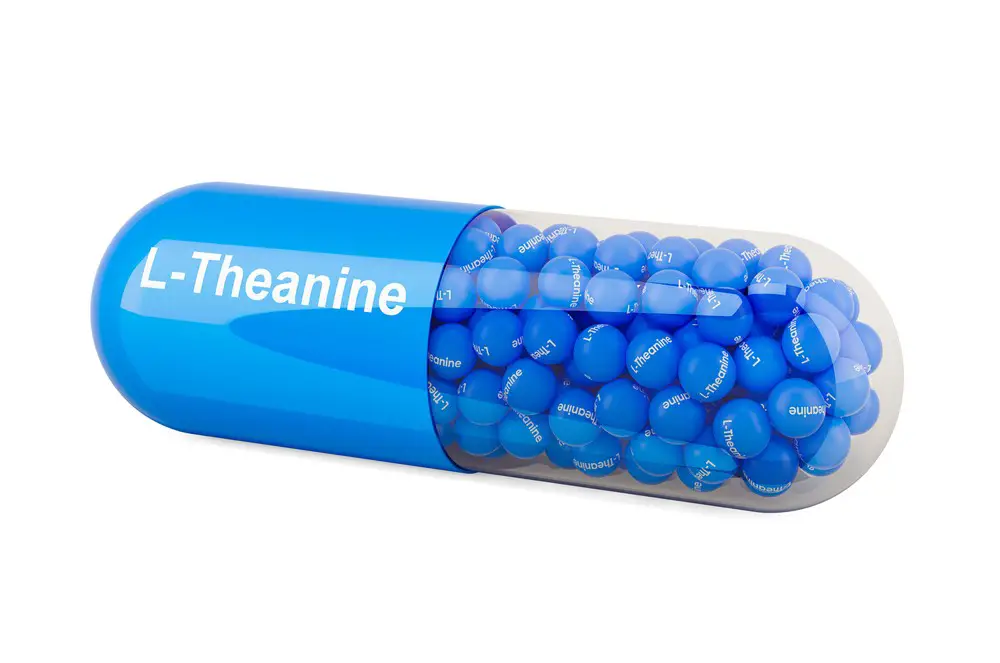
The amino acid L-Theanne is found in tea plant leaves and has a calming effect on tea drinkers. Research shows it helps reduce anxiety and stress while promoting sleep quality and relaxation.
L-Theanine does seem to aid in falling asleep faster, but it reduces the number of times users wake up at night. Up to 200 mg daily appears safe for most people, and it’s even safe for children with ADHD. L-theanine does not have unwanted daytime drowsiness as a side effect. Studies show that combined with magnesium. L-theanine has enhanced sleep benefits when combined with magnesium. Try Thorne Theanine or Native Nature Apigenin with L Theanine supplements to help you relax and sleep better.
Enhance Your Sleep Naturally
Some supplements may enhance your sleep naturally, but there is little scientific research on them. When seeking the best natural sleep aid, you may want to try these if others haven’t helped:
Tryptophan
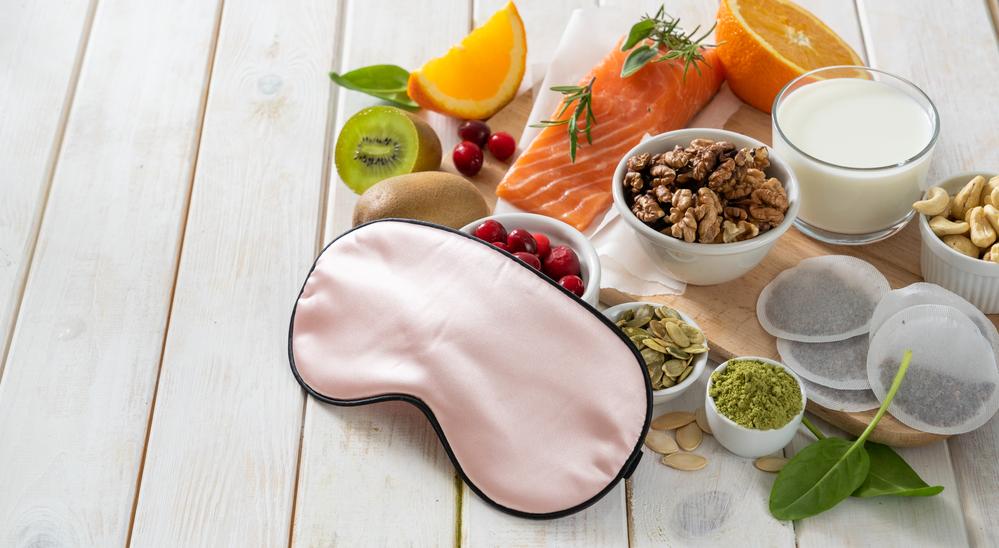
Tryptophan, a naturally occurring amino acid, assists in producing melatonin (regulates the sleep cycle) and serotonin (regulates appetite, pain, sleep, and mood). You can get it by eating a diet that includes meat, chicken, dairy, nuts, and seeds. However, research shows that a 1 g supplement daily showed that participants had more restful sleep and woke up less at night.
Ginkgo Biloba
The leaves of this tree native to Asia have proven helpful for several medicinal purposes for centuries. Older studies have shown that 240 mg of ginkgo biloba taken 30–60 minutes before bed may help enhance relaxation and reduce stress, helping to promote sleep.
Kava
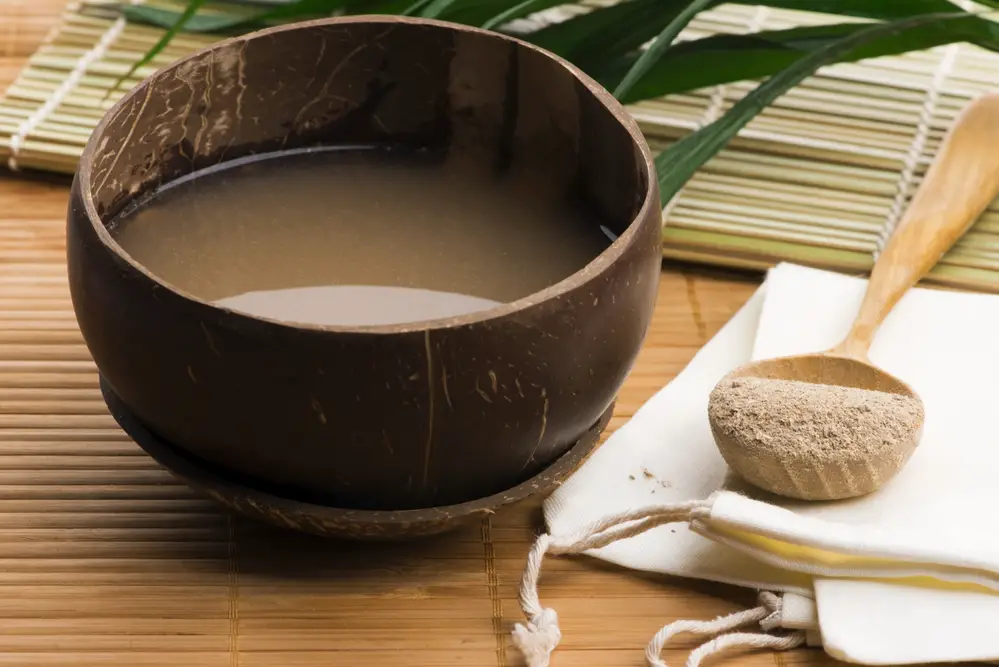
In some studies, kava is another plant believed to help promote sleep. The root of the kava plant, which originates in the South Pacific islands, is traditionally used for teas but is also available as a supplement. Always ensure you buy certified kava supplements to avoid adulteration.
Read more about the best natural sleep aids from Very Well Health and how to take them.
Discover the Best Natural Sleep Aid
The best natural sleep aids are not always harmless or “natural.” Here are some critical things to know before taking a dietary supplement for sleep:
Interactions with other supplements or medications are not unusual, so ask a medical professional before taking them. Natural sleep aids can have contraindications in those with medical conditions, children, or pregnant and breastfeeding individuals.
Additionally, there is the problem of inaccurate labeling and poor quality active ingredients used in natural sleep aids. Choose products that have approved testing by government or trusted third parties. Some natural sleep aids have side effects like drowsiness. Therefore, find out what they are because you don’t want to feel drowsy the morning after if your job requires using heavy machinery or driving.
Finally, natural sleep aids may be toxic at high doses. Always follow the dosage instructions provided. If you aren’t sure, ask your doctor. Store them away from children because they may overdose.
Improve Sleep Quality Naturally
When looking for the best natural sleep aids besides supplements, you can try a few more things:
- Light Therapy uses light exposure to train the body for the right time to sleep and wake up.
- Early evidence shows that meditation slows breathing, reduces stress hormone levels, relaxes the body, and calms the mind.
- Exercise, yoga, and tai chi help to improve sleep quality. Yoga focuses on relaxation, breathing, exercise, and healing, creating mindfulness that helps. The slow motion of tai chi also does the same. If you prefer exercise, remember it raises adrenaline, so avoid it too close to bedtime.
- In some cases, hypnosis helps with relaxation, decreased heart rate, reducing blood pressure, especially when combined with cognitive behavioral therapy (CBT).
- Acupuncture also helps some people struggling with insomnia.
- In some studies, massage therapy was shown to help people by improving sleep quality and daytime dysfunction. Massage also helps relieve pain, anxiety, and depression.
- Aromatherapy improves sleep quality, whether through inhalation or massage.
- Avoid caffeine and nicotine because they promote restlessness and insomnia.
- Ayurveda, the Indian healing philosophy, balances the mind, body, and spirit. Warm sesame rubbed on the head and feet helps regulate breathing and circulation.
- Music therapy has proven useful in improving sleep quality.
Natural Sleep Solutions That Work
The best natural sleep aids will get you to sleep. Here are the natural sleep solutions that work to your advantage:
Create a bedtime routine – A regular sleep schedule means going to bed at about the same time every night and waking up at about the same time every morning.
Avoid sleep disruptors – You should avoid drinks, chocolates, or caffeine-containing supplements up to six hours before bedtime. Also, avoid eating rich foods near bedtime and don’t drink too many liquids. The first will keep you awake, and the second will require waking up for the bathroom during the night. Additionally, some prescription drugs, like those for blood pressure medications, can prevent you from sleeping, so find out if you can take them earlier.
Reduce evening light exposure—Turn off or dim bright lights and avoid screen time for at least an hour before bedtime. If you have sleep problems, make it at least two hours before. Light, including the blue light from screens, suppresses melatonin production. If you must use your screen before sleep, glasses that block blue light are effective.
Supplements for better sleep – Work on your sleep hygiene first. If this doesn’t help, try any of the best natural sleep supplements mentioned above to help impact your sleep positively and get a good night’s shuteye.
Recognizing When Sleep Issues Need Professional Intervention

While natural sleep aids can be helpful for many, they are not always sufficient for serious sleep disturbances. Recognizing when to seek professional help is crucial for those struggling significantly with their sleep. This section discusses when medication or therapy might be necessary, their pros and cons, and how to set goals and recognize progress in improving sleep health.
Indicators for Professional Help
You may need to consult a healthcare provider if you experience:
- Persistent Insomnia: Difficulty falling or staying asleep that lasts for months.
- Impact on Daily Life: Sleep issues that significantly affect your daily functioning, mood, or health.
- Dependence on Sleep Aids: Reliance on sleep aids nightly, especially if increasing doses are needed.
- Physical Symptoms: Such as significant daytime fatigue, breathing difficulties during sleep, or chronic pain at night.
Medication vs. Therapy
Medication for Sleep Disorders:
- Appropriate For: Acute insomnia, sleep disorders influenced by chemical imbalances, or as a temporary aid during particularly stressful times.
- Advantages:
- Quick relief of symptoms.
- Effective for re-establishing a regular sleep pattern in the short term.
- Disadvantages:
- Potential for dependency or tolerance.
- Possible side effects include daytime drowsiness or cognitive impairments.
- Does not address the underlying causes of sleep issues.
Therapy for Sleep Disorders (such as Cognitive Behavioral Therapy for Insomnia – CBT-I):
- Appropriate For: Chronic insomnia and other sleep disorders that behaviors, thoughts, or habits may influence.
- Advantages:
- Offers long-term solutions and helps modify behaviors that contribute to sleep problems.
- No physical side effects.
- Disadvantages:
- Requires time and effort to see results.
- May need multiple sessions and potentially higher initial costs.
Setting Goals and Recognizing Progress
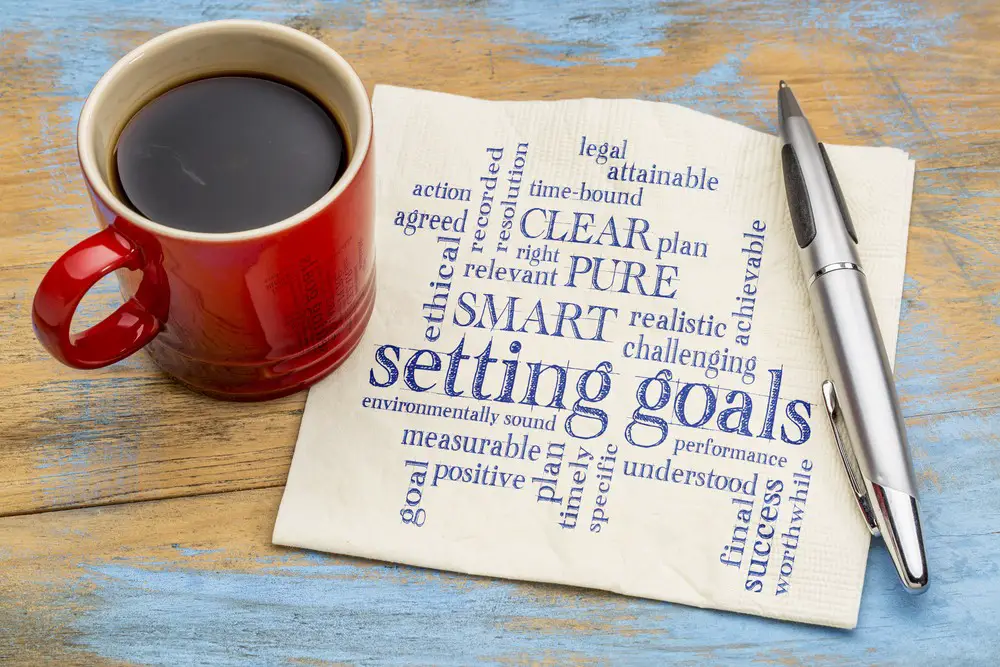
- Goal Setting: Establish realistic and specific goals, such as establishing a consistent bedtime routine, reducing screen time before bed, or improving sleep environment.
- Monitoring Progress: Keep a sleep diary to track patterns and improvements. This can help you and your healthcare provider understand the effectiveness of the treatments.
- Recognizing Progress: Note improvements in the quantity and quality of sleep. You may notice better mood, higher energy levels, and greater cognitive function during the day.
Conclusion
If natural remedies and lifestyle changes cannot resolve your sleep issues, it may be time to consult a professional. Understanding when to seek help and deciding between therapy and medication are crucial steps in managing severe sleep problems. By setting clear goals and monitoring progress, you can significantly improve your sleep quality and, by extension, your overall health and well-being. Remember, a good night’s sleep is not just a luxury—it’s essential for your physical and mental health.
- How to Control Anxiety: Effective Techniques for Reducing Stress - May 2, 2024
- How Important is Sleep? Exploring the Vital Role of Quality Rest - May 2, 2024
- Can Stress Make You Sick? - May 1, 2024
This site contains affiliate links to products. We will receive a commission for purchases made through these links.

